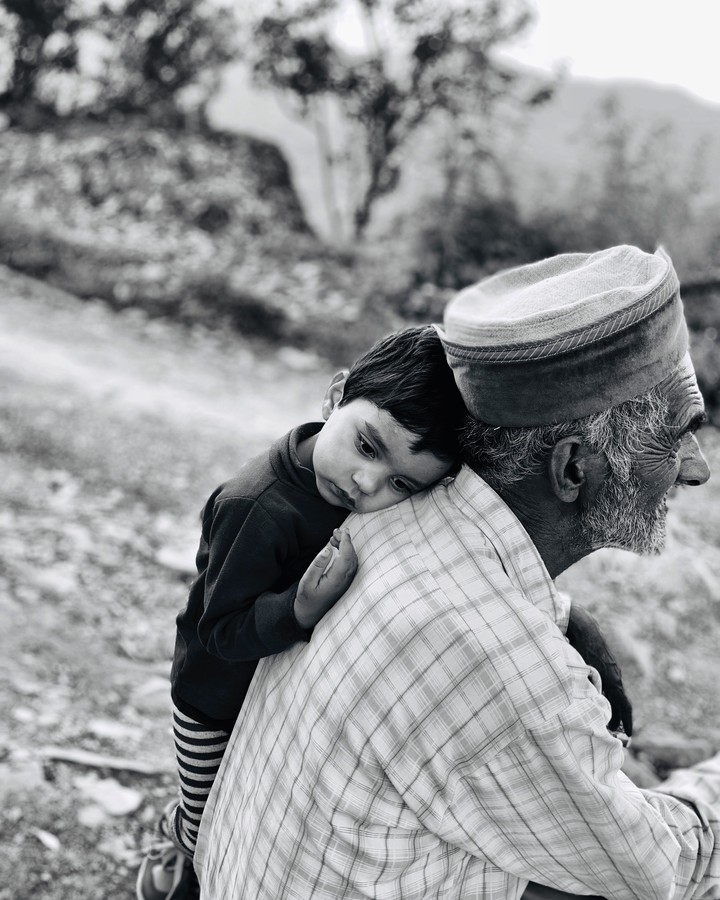Closeness is Enough for Friends, but Not Mates or Kin: Mate and Kinship Premiums in India and U.S.
 Image credit: Pritam Kumar
Image credit: Pritam Kumar
Abstract
Close relationship researchers have proposed that the increased sharing, helping, and sacrifice among social partners of all kinds—friends, spouses, and biological kin—are mediated by the same internal indicator: the feeling of emotional closeness. However, recent work on ‘kinship premiums’ in the U.S. and Europe show that emotional closeness is not sufficient to account for increased giving among genetic kin, suggesting that closeness may not be a sufficient proximate mechanism to account for giving in other evolutionarily important relationships. Using a hypothetical social discounting paradigm with a \$75 reward, we test for such premiums among mates, close friends, and kin in two cultural settings where researchers have proposed key differences in relationship cognition–India (N = 63) and the U.S. (N = 284). We find that emotional closeness substantially mediates (often fully) the effect of close friendship on the amount of money forgone, suggesting that this is a key factor in the increased sharing observed among friends. On the other hand, people on average report sacrificing an additional \$8.3 (95% CI: \$4.5–\$12.1) for mates and \$9.7 (95% CI: \$6.5–\$12.8) for genetic kin when removing the effects of closeness. Importantly, these effects are not statistically different across samples from the U.S. and India. These results show that people use relationship-specific information about genetic relatedness and pair bonding in addition to general indicators of emotional closeness when making decisions to share with others.